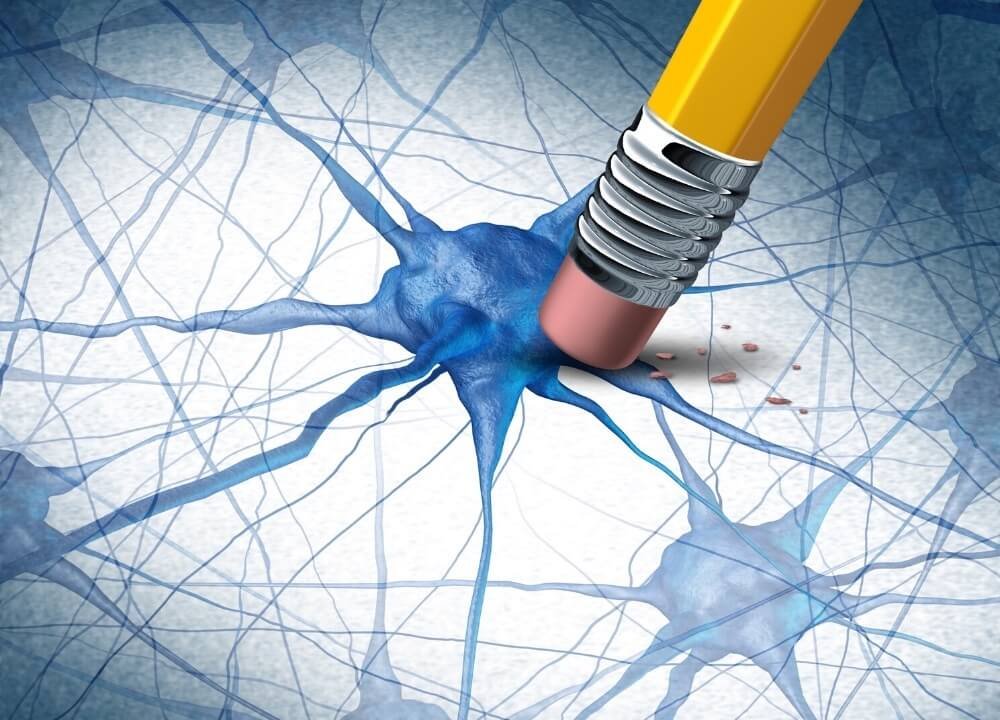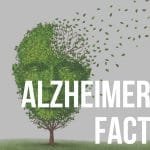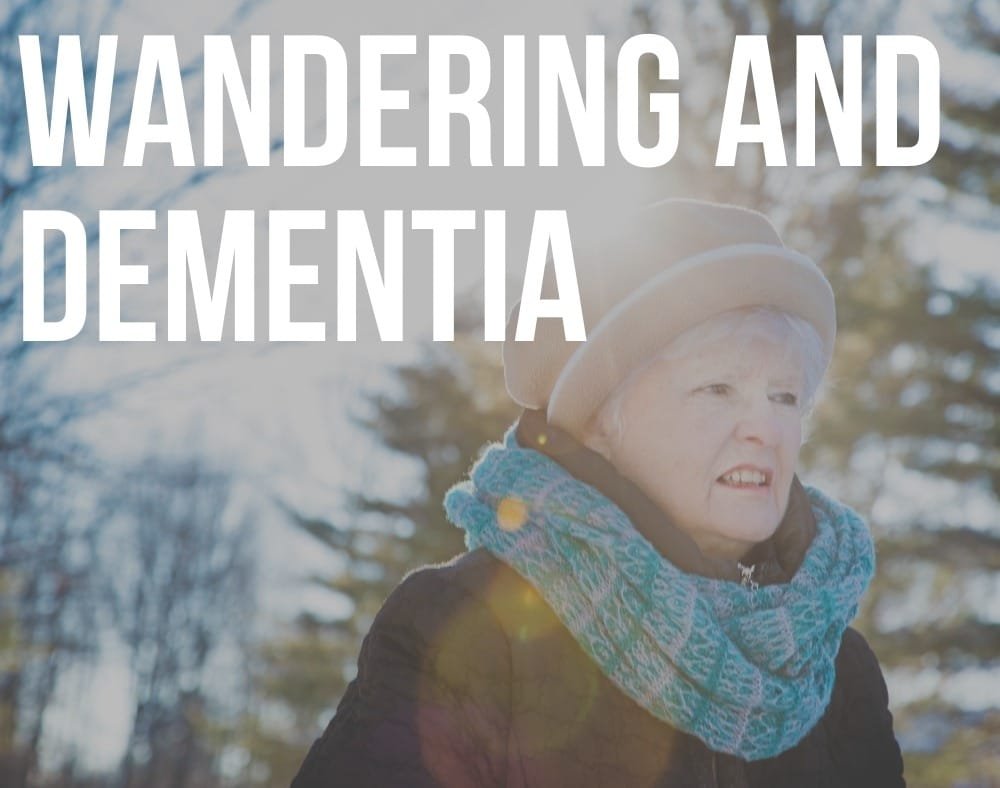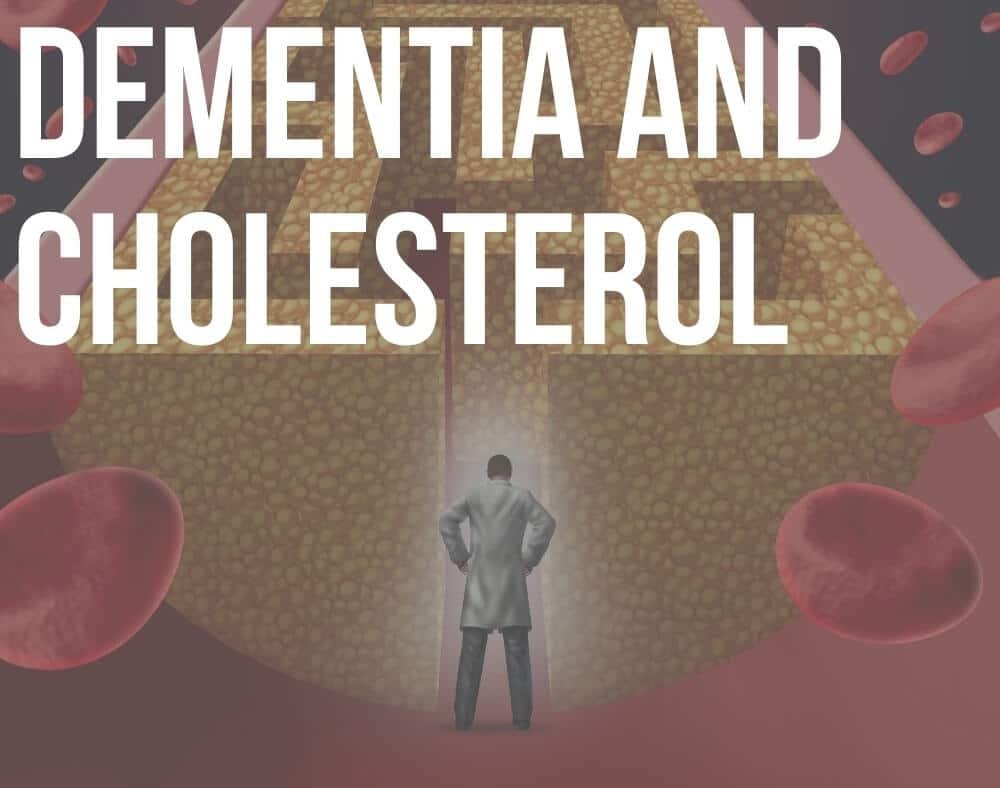After years of research, experts uncovered that there is a link between Down syndrome and Alzheimer’s disease.
Contents
- Down Syndrome and Alzheimer’s
Down Syndrome and Alzheimer’s
Down syndrome is a medical condition where an individual is born with an extra copy of chromosome 21 rather than the normal two copies.
The genetic abnormality usually results in health issues and developmental challenges that can affect memory, learning, and language.
Alzheimer’s disease (AD) can be defined as a brain disease that is one of the major causes of dementia. It makes affected persons experience impaired memory, behavior, and thinking.
It can also affect mood and emotions.
The illness is caused by an abnormal build-up of beta-amyloid which is a type of protein that forms plaques in brain cells.
This accumulation damages the connections between brain cells which, in turn, disrupts how messages are passed from one part of the brain to another.
The brain cells die eventually and this will reduce the size of the brain.
Brain degeneration that happens because of AD can impair an individual’s ability to carry out day to day activities. Because Alzheimer’s disease is a progressive illness, the symptoms become worse as time goes by.
Correlation between Down syndrome and Alzheimer’s disease

Studies reveal that most people (not all) who have Down syndrome will also develop AD.
Chromosome 21 carries the APP gene (amyloid precursor protein). Beta-amyloid forms when APP breaks down.
This clumps together into brain plaques that are common with AD.
As stated earlier, persons with Down syndrome have an extra copy of chromosome 21 which implies that they can make 11/2 times more APP than persons who only have two copies.
Individuals who have Down syndrome have a higher chance of developing Alzheimer’s.
Many studies state that about 50% of individuals with Down syndrome will end up with AD by the time they are celebrating their 60th birthday. The average onset age, however, is usually 50-55 years.
The National Down Syndrome Society reports that about 30% of individuals who have Down syndrome and are in their 50s already have AD.
Early Alzheimer’s disease Signs for Persons with Down syndrome

A person who has Down syndrome can showcase several symptoms that may indicate they have AD such as:
- Deterioration in short-term memory
- Reduced ability to complete daily living tasks
- Increased inactivity and apathy
- Withdrawing socially
- Problems with communication
- Changes in sleep patterns at night
- Confusion and disorientation
- Restlessness
- Fearfulness, sadness, and anxiety
Diagnosing AD in Individuals with Down syndrome

To determine whether a person has both Down syndrome and Alzheimer’s disease, a doctor may subject the individual to various tests that may include:
- Memory and thinking tests
- Physical examinations that may include brain scans and blood tests
- Assessing medical history
Careful observation of symptoms as well as how a person’s behavior and abilities change is crucial.
This is because persons with Down syndrome already have pre-existing difficulties with memory, thinking, and daily living skills.
Naturally, a person with Down syndrome may not be in a position to report concerns about memory or other changes happening in their lives.
For this reason, their loved ones or professional caregivers must help with observing cognitive changes.
Indidivual diagnosis for Down syndrome
Experts recommend certain principles that can help with a person-centered diagnosis for individuals with Down syndrome, such as:
1. Documenting baseline adult function by the time they are 35 years. The medical records of a person with Down syndrome should include details about their adult abilities.
2. Checking for Changes in Daily Function. Family members or other reliable individuals should also be on the lookout for changes in day to day function.
A person may note that an individual with Down syndrome showcases less interest in social interactions or things they loved doing previously. Changes in behavior and personality may also indicate a decline in thinking skills.
Doctors also perform other examinations to rule out other medical conditions that may look like Alzheimer’s disease.
This is because of something that is known as “differential diagnosis.”
When a person with Down syndrome showcases a decline in abilities or loss of skills, medics can consider:
- Changes in sensory impairments like vision or hearing difficulties that can inhibit social engagement or lead to a loss in skills
- Life changes, for instance, adjustments in a person’s day service, retirement, menopause, or reaction to something like bereavement.
- Thyroid disorders which can be treated
- Depression which is treatable with the proper interventions
- Drug interactions
- Poor sleep patterns
- Urinary or other types of infections
- Vitamin deficiencies
Because the above conditions are treatable, a person with Down syndrome needs to undergo a comprehensive medical assessment, especially during the early stages to rule them out.
Research on Down syndrome and Alzheimer’s disease

Scientists are working round the clock to figure out why some people with Down syndrome end up with AD while others do not.
The experts want to get a clear picture so that they can come up with medication or other treatments that can help delay, stop, or prevent the development of AD.
Some studies are already in the clinical trial phase and people can only hope that these will yield great results in the future to help effectively deal with the two medical conditions.
Living with a Positive Alzheimer’s Disease Diagnosis

Sadly if a person has Down syndrome and they get diagnosed with Alzheimer’s disease, they have to live with both medical conditions.
Currently, there is no approved cure for AD. However, there are some medications and alternative treatments like therapies and natural remedies that a person can try to treat some symptoms as well as slow or stabilize the decline in thinking abilities and memory for a while.
It is important to consult a physician before starting any treatment regimen to ensure it is best suited for the weak person.
Support services for people with Down syndrome and Alzheimer’s disease also exist. They help affected individuals and their families or carers live well with the conditions.
Research is, however, ongoing to try and find a cure for AD as well as discover new treatments to help delay or avoid the onset of Alzheimer’s symptoms for persons who already have Down syndrome.







